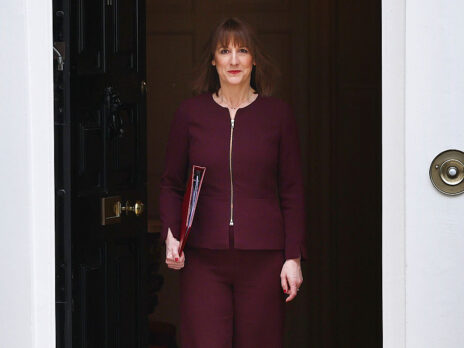
Rachel Reeves bans the A-word
Your weekly dose of gossip from around Westminster.
ByNew Times,
New Thinking.

Your weekly dose of gossip from around Westminster.
By
Donald Trump has added to Rachel Reeves’ nightmare.
By
Governments should not use economic forecasts as a cover for political choices.
By
Rachel Reeves will struggle to avoid raising taxes at this autumn’s Budget.
By
The Chancellor’s rhetoric on growth has proved overblown.
By
Also this week: Rachel Reeves’ digital tax delusion and X as an arm of US foreign policy in Turkey.
By
The Chancellor will now be forced to contemplate tax rises.
By
Tomorrow's Spring Statement should recognise a simple truth: economic and national security are now inextricable.
By
A Chancellor playing a long game must hope she does not have to wait too long.
By
It wouldn’t be straightforward, but such a measure is possible.
By
Your weekly dose of gossip from around Westminster.
By
Whether or not the Labour government achieve its overarching will define its record.

The Chancellor doesn’t see Germany’s “war Keynesianism” as a model to emulate.
By
Your weekly dose of gossip from around Westminster.
By
Keir Starmer has discovered that technocratic management is not enough – his party needs political leadership.
By
What story will Labour tell if the economy doesn’t improve?
By
The question Labour needs a better answer to.
By
Rachel Reeves is not just facing an economic crisis – she is suffering from a failure of philosophical imagination.
By
Rachel Reeves needs to chart a course out of our broken economic model.
By
The Chancellor now understands that the politics of her role are as important as the economics.
By